Optimal Timing for Handicap Remodelings
Understanding the optimal time to undertake handicap remodelings is essential for ensuring accessibility improvements are effective and durable. The timing can depend on factors such as property use, occupant needs, and seasonal weather conditions, which influence installation quality and project completion.
Remodelings should be prioritized when mobility challenges become significant or safety concerns arise, ensuring timely accessibility improvements.
Spring and early summer are often ideal for remodeling projects due to milder weather, reducing delays caused by extreme temperatures or precipitation.
Scheduling during periods of low occupancy or before major renovations can minimize disruptions and allow for smoother project execution.
Aligning remodelings with fiscal budgets or grant availability can facilitate financial planning and resource allocation.

Construction during spring benefits from favorable weather, enabling faster and more efficient work.
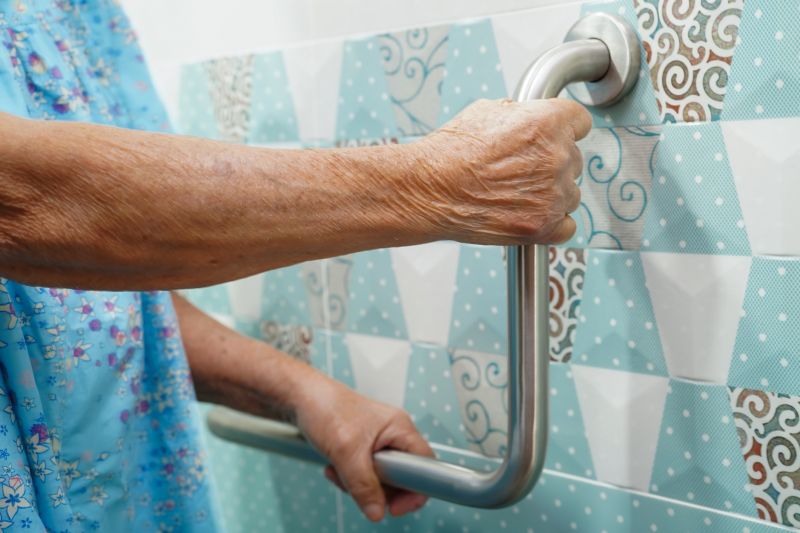
Summer projects often face fewer weather-related delays, ensuring timely completion.

Fall allows for preparation before winter, avoiding project delays during colder months.
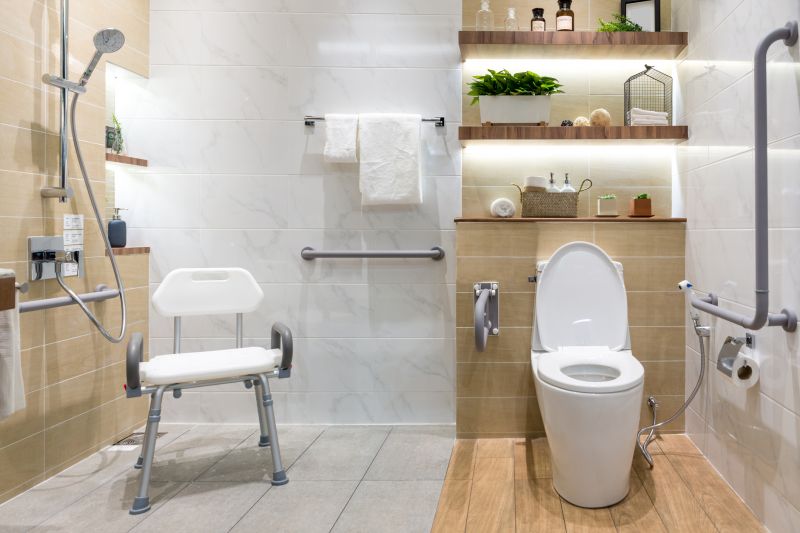
Ways to make Handicap Remodelings work in tight or awkward layouts.
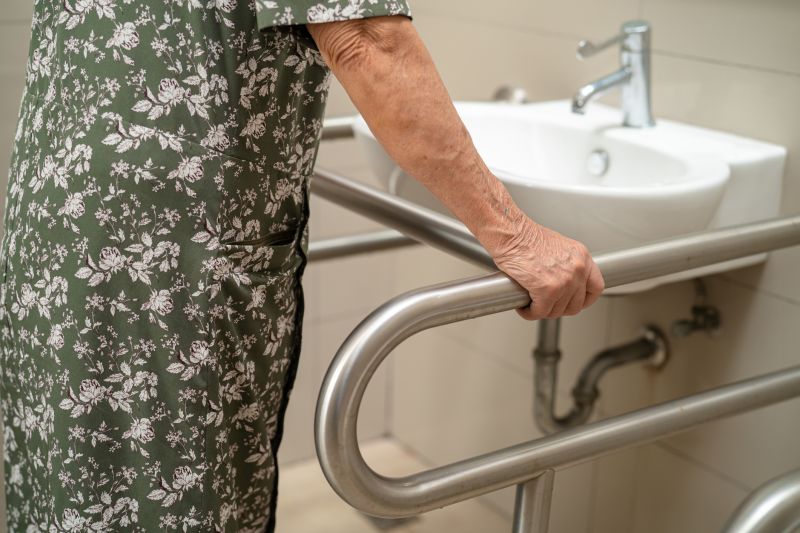
Popular materials for Handicap Remodelings and why they hold up over time.

Simple add-ons that improve Handicap Remodelings without blowing the budget.

High-end options that actually feel worth it for Handicap Remodelings.
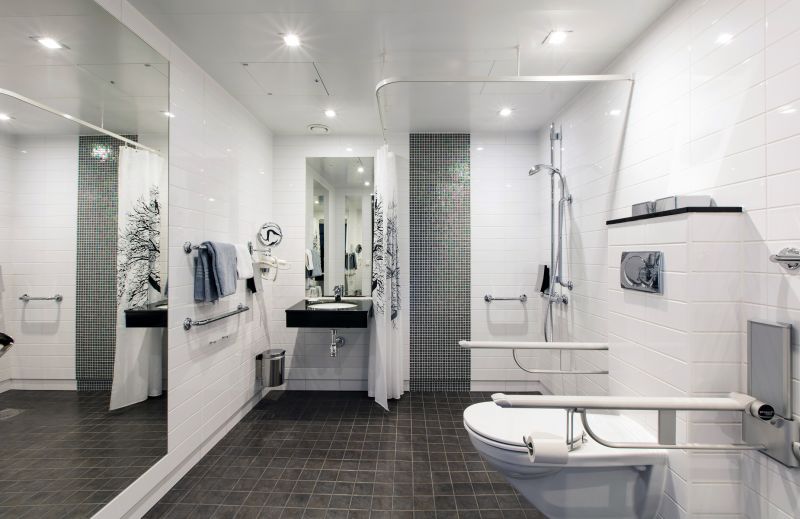
Finishes and colors that play nicely with Handicap Remodelings.
Handicap remodelings enhance accessibility, safety, and independence for individuals with mobility challenges. These improvements often include installing ramps, widening doorways, and modifying bathrooms. Proper timing ensures that these modifications are integrated seamlessly, minimizing disruptions and maximizing long-term benefits.

Ramps improve entryway accessibility for wheelchair users and those with mobility aids.

Widened doorframes facilitate easier movement for wheelchairs and walkers.

Accessible bathrooms include grab bars, lower sinks, and roll-in showers.

Removing thresholds creates seamless transitions between spaces, reducing tripping hazards.
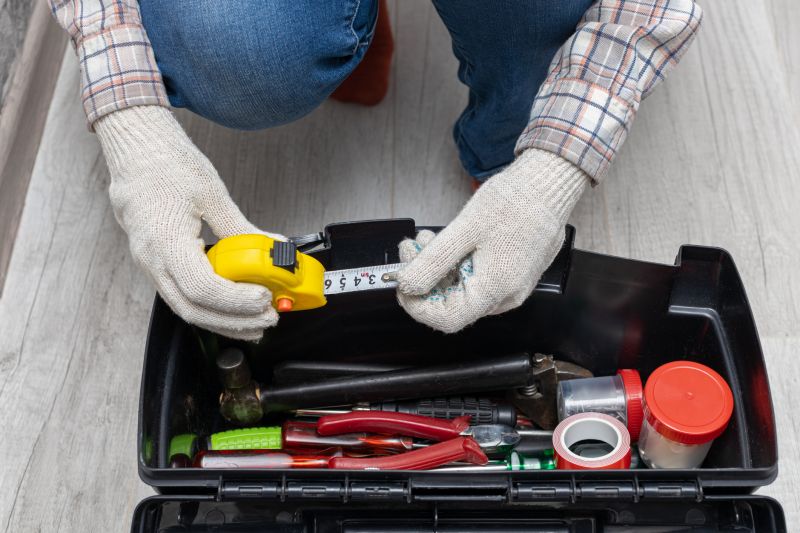
Little measurements that prevent headaches on Handicap Remodelings day.
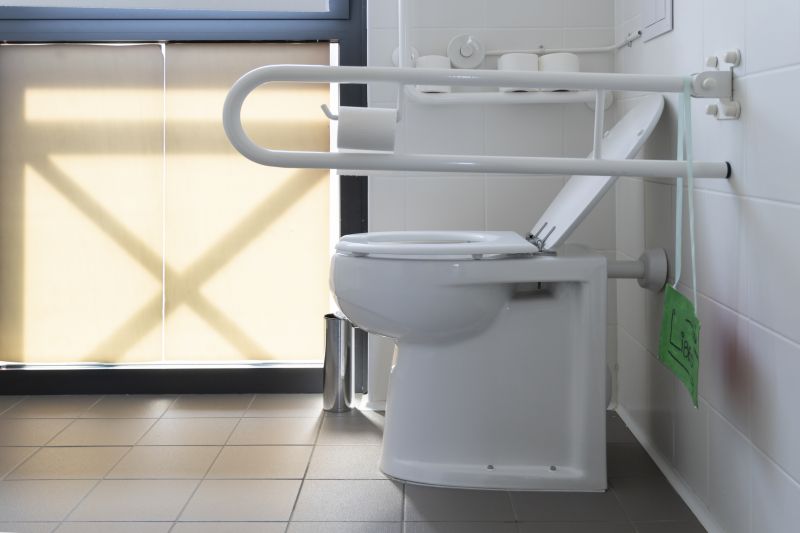
A 60-second routine that keeps Handicap Remodelings looking new.

A frequent mistake in Handicap Remodelings and how to dodge it.
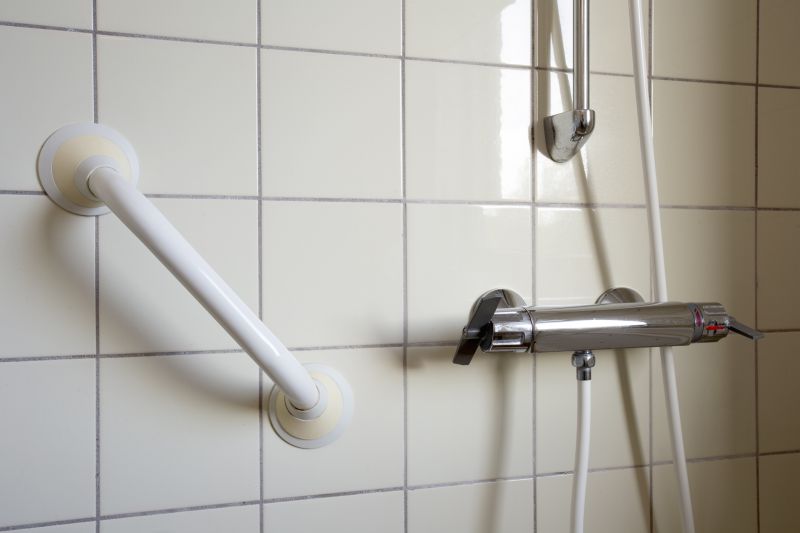
Small tweaks to make Handicap Remodelings safer and easier to use.
| Factor | Best Timing Consideration |
|---|---|
| Weather Conditions | Spring and early summer are ideal for avoiding weather-related delays. |
| Occupancy Levels | Schedule during low occupancy periods to minimize disruptions. |
| Financial Planning | Coordinate with funding cycles or grant availability. |
| Property Usage | Plan during times of minimal activity for convenience. |
| Project Size | Larger projects benefit from extended planning during favorable seasons. |
| Seasonal Maintenance | Avoid scheduling during peak winter or rainy seasons. |
| Staff Availability | Align with contractor schedules during peak seasons for availability. |
Timely handicap remodelings contribute to long-term accessibility and safety. Proper planning considers seasonal weather, property usage, and funding opportunities to ensure that modifications are both effective and minimally disruptive. Early planning and coordination with professionals can facilitate a smooth remodeling process.

A wheelchair ramp provides safe and easy access to the building.

An accessible bathroom with grab bars and a roll-in shower.

A door widened to accommodate mobility aids.

Lower-waste or water-saving choices for Handicap Remodelings.

The short, realistic tool list for quality Handicap Remodelings.
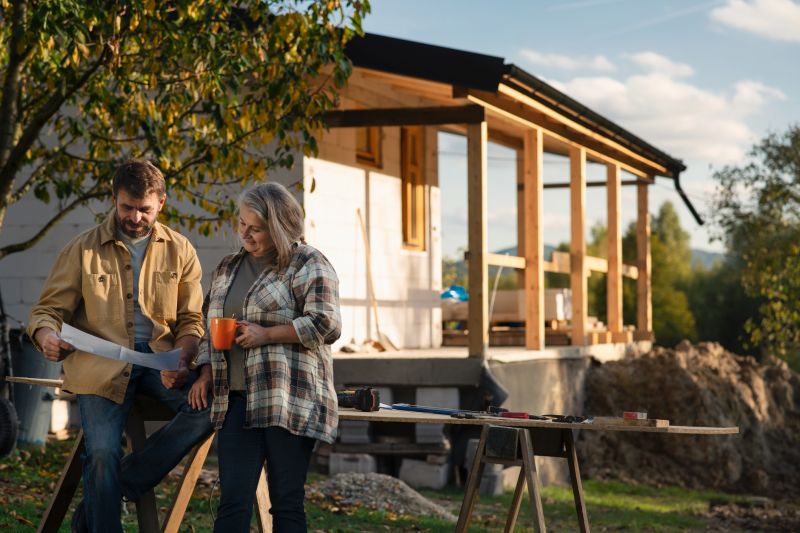
Rough timing from prep to clean-up for Handicap Remodelings.

Quick checks and paperwork to keep after Handicap Remodelings.
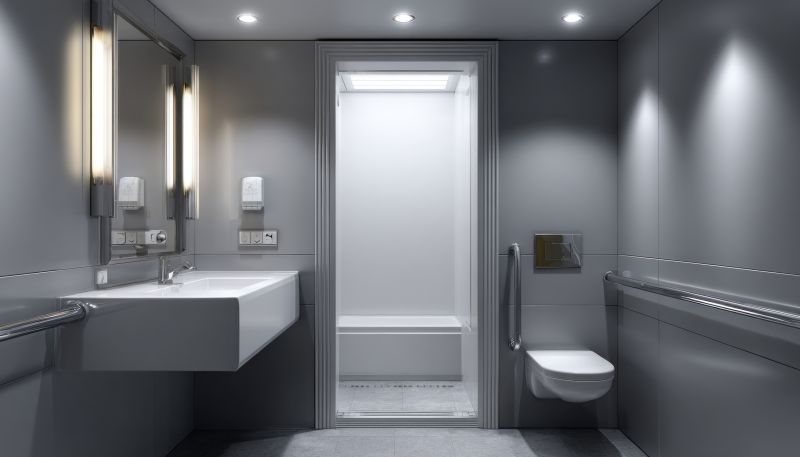
Examples that show the impact a good Handicap Remodelings can make.
Interested parties are encouraged to contact for more information on scheduling handicap remodelings. Proper timing and planning can ensure accessibility improvements meet individual needs effectively.
